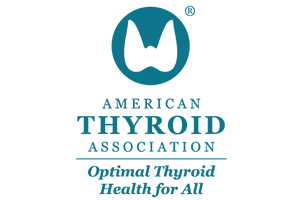Latest labs (last dose of 2.50 grains (162.50mg) NDT taken only about 6h prior to draw):
TSH:1.23 ref range: 0.450-4.500uIU/mL
FT3: 5.00 ref range: 2.0-4.4pg/mL
FT4: 1.60 ref range: 0.82-1.77ng/dL
Anyone notice that too much T3 from desiccated thyroid causes a flareup in joint pain? Is a 5.0 level causing this - or is this just a transient elevation due to higher serum levels because I dosed only a few hours before my blood draw?
TSH:1.23 ref range: 0.450-4.500uIU/mL
FT3: 5.00 ref range: 2.0-4.4pg/mL
FT4: 1.60 ref range: 0.82-1.77ng/dL
Anyone notice that too much T3 from desiccated thyroid causes a flareup in joint pain? Is a 5.0 level causing this - or is this just a transient elevation due to higher serum levels because I dosed only a few hours before my blood draw?


















